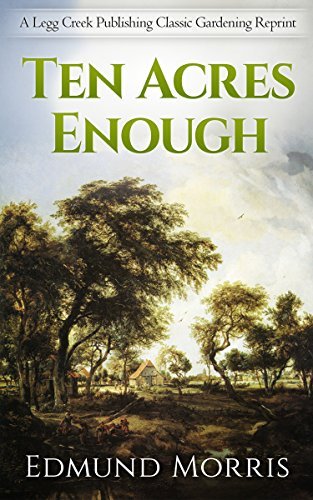Program Type:
Book ClubsProgram Description
Event Details
Books play a key role in helping us envision and take steps towards positive life change. And it’s a journey - no one ever arrives, but we can encourage each other along the way.
The Land & Table book club is a way to engage with the core ideas and topics that are motivating a new generation to create a more resilient food system and vibrant local community life. We’ll be reading books about: eating local, self-reliant living, agrarian culture, growing food, culinary history, community resilience, going back-to-the-land, and more.
This is not a book club that will be technical in nature. And if you don’t have a green thumb, you’ll still feel at home. You don’t have to grow your own food or be a homesteader or farmer to enjoy these books. But…you do have to be curious about reviving your connection with the land, with other people, and with the food you eat. And the reality is: tending to those connections is important for all of us.
We meet on the first Thursday of each month and welcome anyone to our meetings - even if you have not read the book we will be discussing.
Registration is encouraged, but not required.
For more information about Land & Table, please visit their website: https://landandtable.com/.
This month we will be discussing:
Ten Acres Enough: [the classic 1864 guide to independent farming] by Edmund Morris
(Click title link above to place a copy on hold. Ten Acres Enough is also available as an ebook on HOOPLA. The ebook is also available for free on Project Gutenberg; and a free audio version--though not the best quality--is available on YouTube.)

Summary
When author Edmund Morris left the Philadelphia business world in the early 1800s and bought a small farm in the New Jersey countryside, he was so pleased with the results of his venture that he decided to tell others how he accomplished it.
His simply written chronicle -- one of the most popular books of its time -- emphasizes that agricultural success depends not on how much you grow but on what and how. Between thoughtful discussions of choosing the location, selecting crops, and planting an orchard, he contrasts city and country life, despairs over weeds and raising pigs, counts his gains and losses at the end of the first year, and writes warmly about the joys of establishing a home.
Easy to comprehend and intended for anyone who wants to get away from it all, this delightfully written book will captivate Americana enthusiasts, would-be owners of small farms, and anyone drawn to the idea of an agrarian lifestyle.